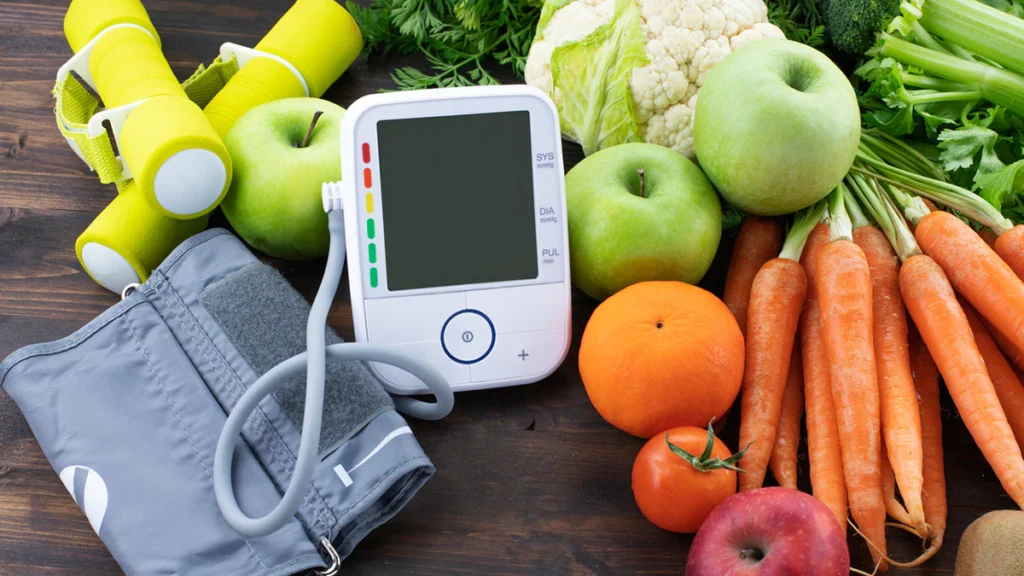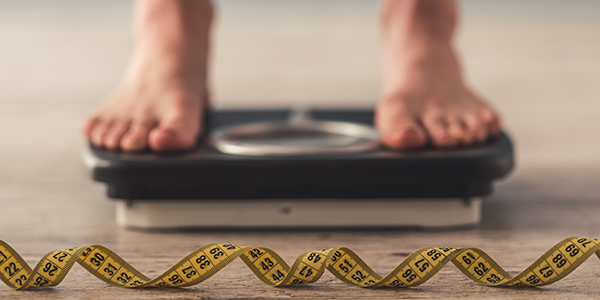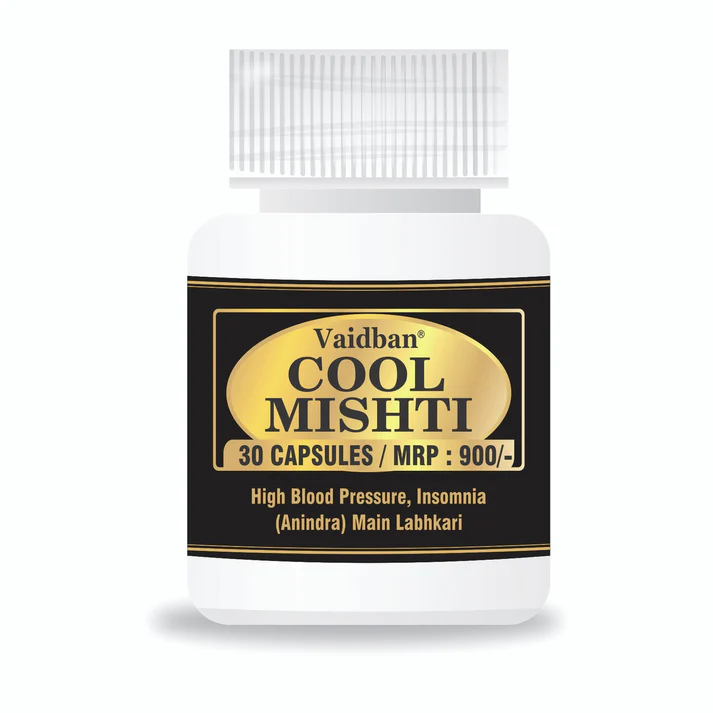Hypertension, commonly known as high blood pressure, occurs when the force of blood against the walls of your arteries is consistently too high. It’s a serious condition that can lead to various health problems if left untreated. Explore proven methods to lower hypertension and maintain healthy blood pressure levels. Discover lifestyle changes and dietary adjustments for better cardiovascular health.
What is Hypertension?

Blood pressure is measured with two numbers: systolic pressure (when your heart beats) and diastolic pressure (when your heart rests). Normal blood pressure is around 120/80 mmHg. Hypertension is diagnosed when blood pressure consistently exceeds 130/80 mmHg.
How to reduce hypertension?
1. Adopt a Healthy Diet

Focus on eating a diet rich in fruits, vegetables, whole grains, and lean proteins. Limit sodium intake by avoiding processed foods, canned soups, and salty snacks. Reduce saturated fats and cholesterol by choosing lean meats, fish, and plant-based sources of protein. Incorporate potassium-rich foods like bananas, sweet potatoes, spinach, and avocados, as they help counteract the effects of sodium.
2. Maintain a Healthy Weight

Aim for a healthy body weight by following a balanced diet and engaging in regular physical activity. Losing even a small amount of weight can significantly lower blood pressure.
3. Get Regular Exercise

Aim for at least 150 minutes of moderate-intensity aerobic exercise, such as brisk walking, cycling, or swimming, per week. Include strength training exercises at least two days a week to improve overall fitness.
4. Limit Alcohol Consumption

Limit alcohol intake to moderate levels—up to one drink per day for women and up to two drinks per day for men. Excessive alcohol consumption can raise blood pressure and interfere with the effectiveness of blood pressure medications.
5. Quit Smoking

Smoking increases blood pressure and damages blood vessels, significantly increasing the risk of heart disease and stroke. Seek support from healthcare professionals, quit smoking programs, or support groups to quit smoking.
6. Manage Stress

Practice stress-reduction techniques such as deep breathing exercises, meditation, yoga, or tai chi. Engage in activities you enjoy, spend time with loved ones, and prioritize relaxation to reduce stress levels.
7. Monitor Blood Pressure Regularly
Keep track of your blood pressure at home using a home blood pressure monitor. Regular monitoring allows you to track progress and adjust your lifestyle or medication as needed.
What is the 5 cause of hypertension?

- Unhealthy Lifestyle Habits: Poor diet high in sodium, saturated fats, and cholesterol, lack of physical activity, excessive alcohol consumption, and smoking can contribute to hypertension.
- Genetic Factors: Family history of hypertension increases the likelihood of developing the condition. Genetic predispositions can influence how the body regulates blood pressure.
- Obesity and Overweight: Being overweight or obese puts extra strain on the heart and blood vessels, increasing the risk of hypertension. Excess weight can lead to insulin resistance, which affects blood vessel function and contributes to high blood pressure.
- Chronic Stress: Prolonged stress can lead to the release of stress hormones like cortisol and adrenaline, which can temporarily increase blood pressure. Over time, chronic stress can contribute to persistent hypertension.
- Underlying Health Conditions: Certain medical conditions such as diabetes, kidney disease, thyroid disorders, sleep apnea, and hormonal imbalances can contribute to hypertension. Treating these underlying health issues is essential for managing blood pressure.
If you have any queries related to medical health, consult Subhash Goyal or his team members on this given no +91 99150 72372, +91 99150 99575, +9182830600






Wonderful web site Lots of useful info here Im sending it to a few friends ans additionally sharing in delicious And obviously thanks to your effort